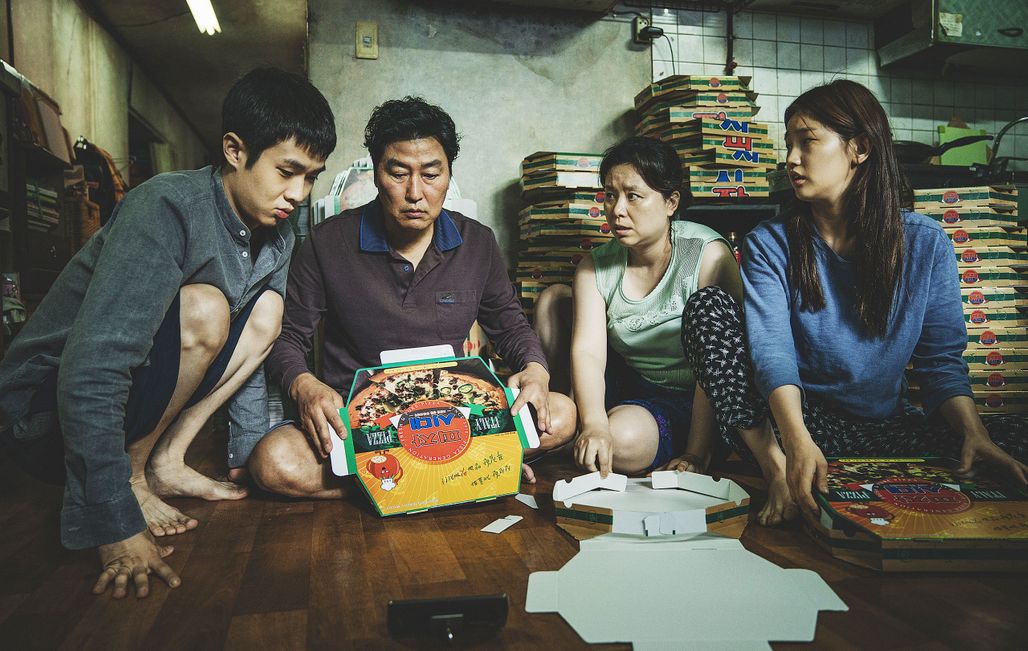
Gisaengchung (Parasite), class struggle by Bong Joon-Ho

With Gisaengchung (Parasite), the director Bong Joon-Ho, a leading figure in Korean cinema, returns to South Korea after making two international feature films: Okja, in Competition in 2017 and Snowpiercer (2013). This new work, which takes a critical look at social inequality, raises questions about the complex coexistence of different classes.
Gisaengchung, or Parasite. An ironic title, which immediately sets the tone for this 'tragicomedy': how can we exist when we view everything that's different as parasitical and our own relationships follow suit? For Bong Joon-Ho, whose films have featured several times in the Official Selection, and who was President of the Caméra d’or Jury in 2011, this 'comedy without clowns' or 'tragedy without baddies' is a blend of suspense, black humour and social satire – his signature traits.
“You are all invited to a merciless and cruel tragicomedy.”
This drama highlights the inequalities between two social classes, drawing on the fictitious, but realistic, story of two contrasting families: the impoverish Ki-taeks, four of whose family members are unemployed, and the wealthy family of Mr Park, the boss of a computer company. When Ki-taek's son manages to get a job (thanks to a forged certificate), teaching English to the Parks' daughter, the contact between the two families leads to a series of mishaps which leave no one completely intact…
This is the director's latest invitation to reflect on the world around us. Gisaengchung (Parasite) picks up from earlier films by Bong Joon-Ho (Salinui chueok (Memories of Murder), 2003 or Madeo (Mother), 2009). And yet the work marks a turning point in the career of the filmmaker, who aspires to reach a "new dimension" and exceed viewers' expectations with this film.


